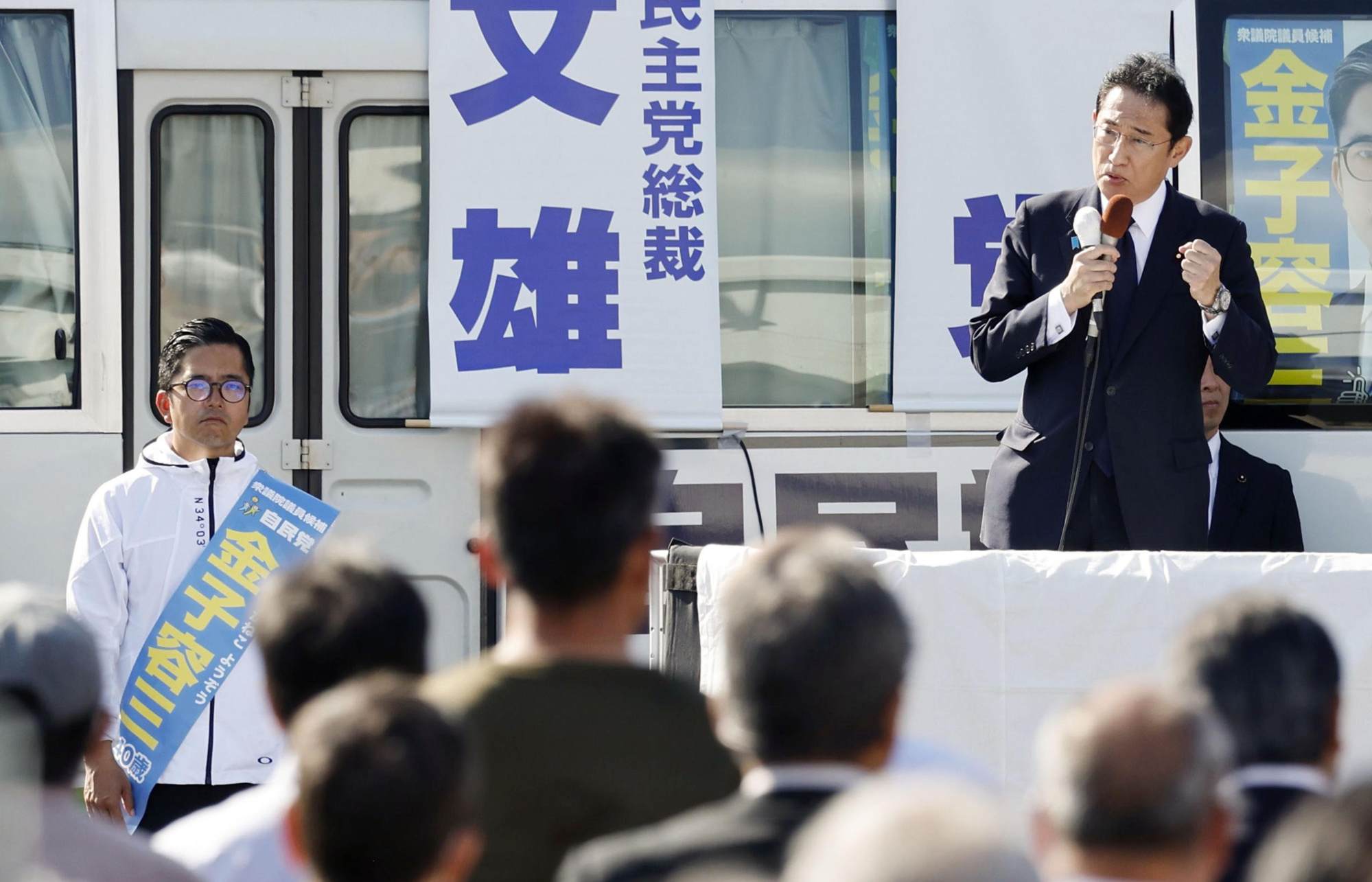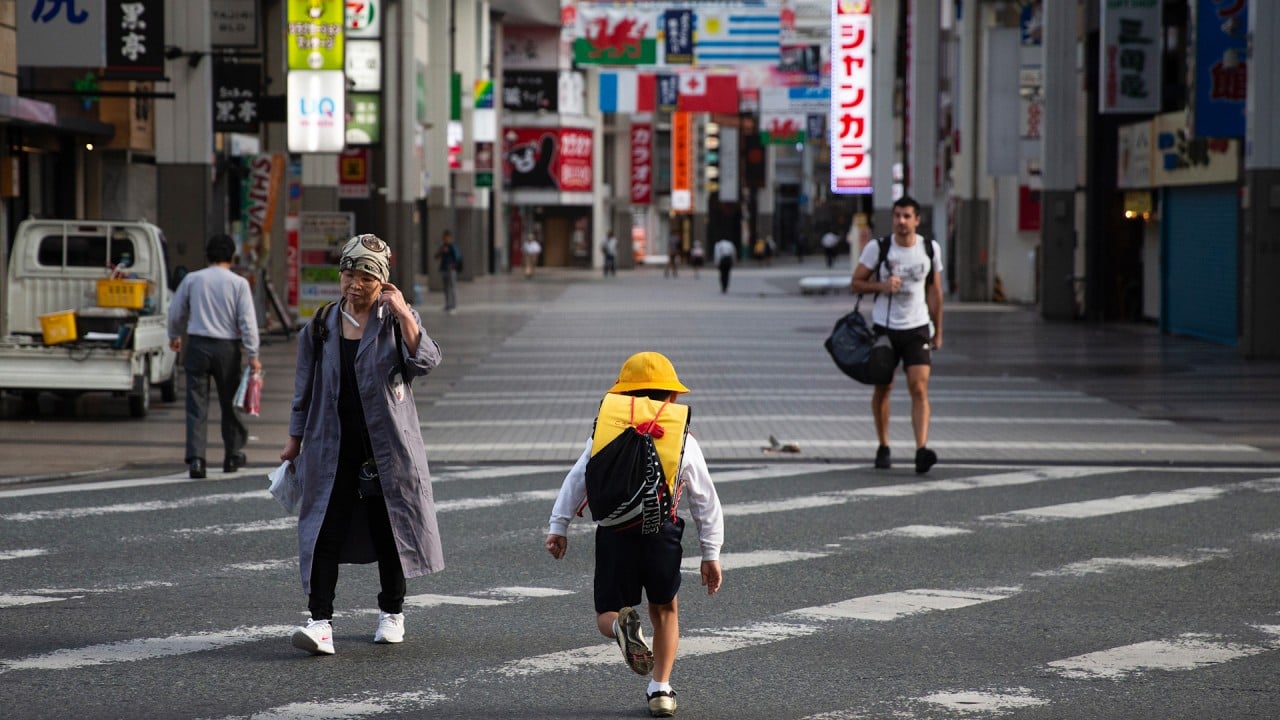
Japan’s Kishida suffers fresh setback as his ruling party loses special election
- The Liberal Democratic Party lost an upper house seat on the island of Shikoku and only narrowly won a lower house seat in Nagasaki prefecture
- Any further signs of weakness could put Kishida’s job as party leader under threat and mean he faces difficulties controlling powerful factions
The LDP lost an upper house seat on the island of Shikoku to Hajime Hirota of the Constitutional Democratic Party of Japan, according to exit polling by public broadcaster NHK and other media outlets.
The LDP’s Yozo Kaneko, the son of a former agriculture minister, narrowly won a lower house seat in the southwestern prefecture of Nagasaki. Both constituencies were previously held by the ruling party.

The two votes came days after Kishida ordered ruling party executives to consider introducing temporary income tax cuts to help the public deal with rising prices. He underscored that message in a policy speech to parliament later in the day.
While Kishida doesn’t need to hold a general election until 2025, any further signs of weakness could mean he faces difficulties controlling the powerful factions within his party, and his job as LDP leader could be under threat in a vote less than a year away.
Support for Kishida’s cabinet slumped to 29 per cent from 37 per cent in September in a poll carried out by the Asahi newspaper on October 14-15, marking the lowest level since he took office two years ago.
Surveys show voters are dissatisfied with steps he’s taken to shield them from inflation. Those measures include expanding and extending petrol subsidies to the end of the year.
In his speech to start a new parliamentary session on Monday, Kishida said it was time to shift from an economy of low cost, low wages and cost-cutting to one backed by growth led by sustainable wage increases and active investment.
“I’m determined to take unprecedentedly bold measures,” he said, pledging an intensive effort to achieve stronger supply capability in about three years.
He said he is determined to help people ride out the impact of soaring prices for food, utilities and other costs that have exceeded their salary increases, by implementing income tax cuts. He also pledged to introduce corporate tax incentives to promote wage increases, investment and optimisation.
The tax cuts would be part of a new economic stimulus package he plans to announce by the end of the month.
Japan reported on Friday that the pace of inflation slid below 3 per cent in September for the first time in more than a year. Even with the easing price pressure, the Bank of Japan will probably revise higher its forecasts for consumer inflation for this year and next when board members gather at the end of the month.
Additional reporting by Associated Press


